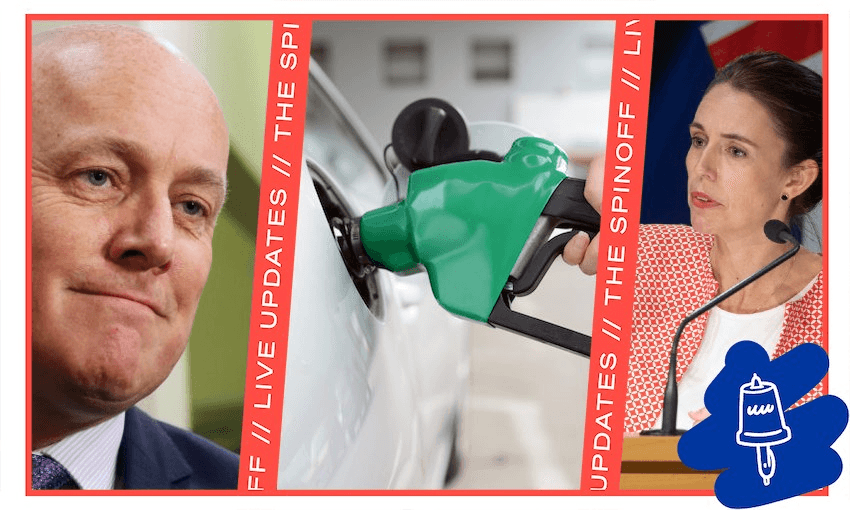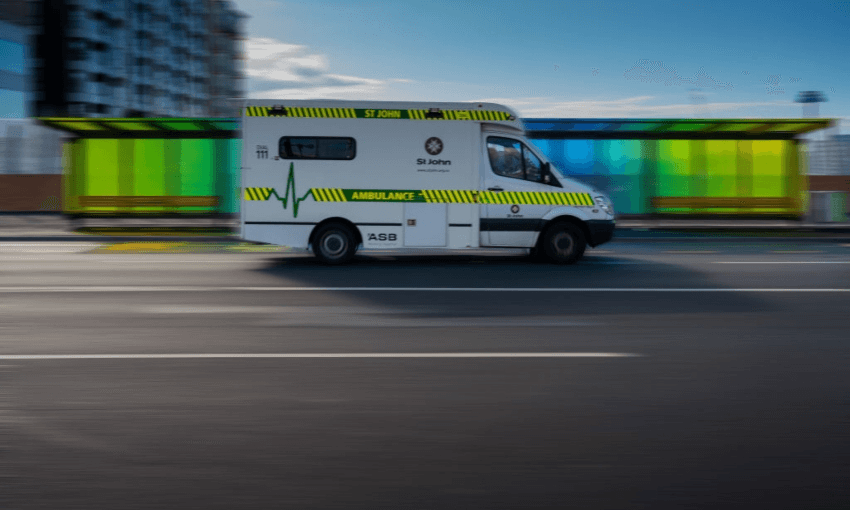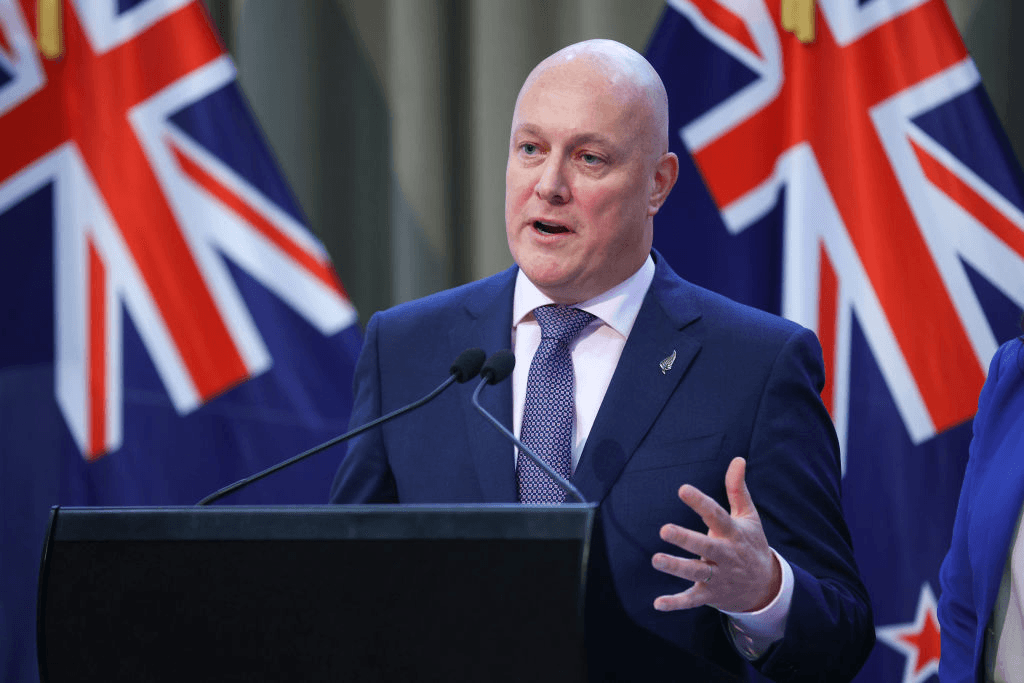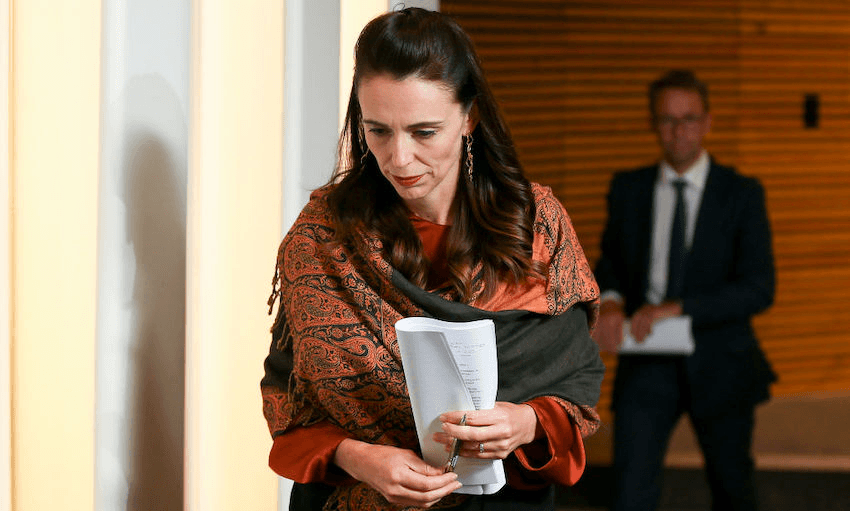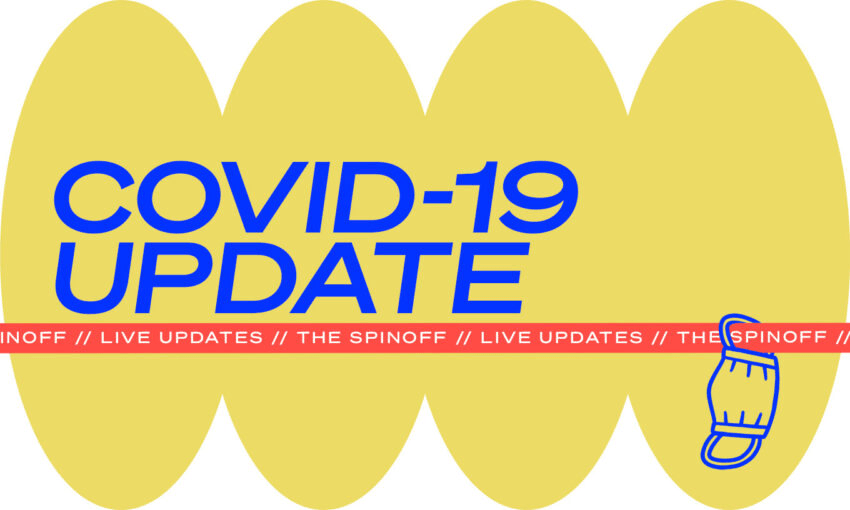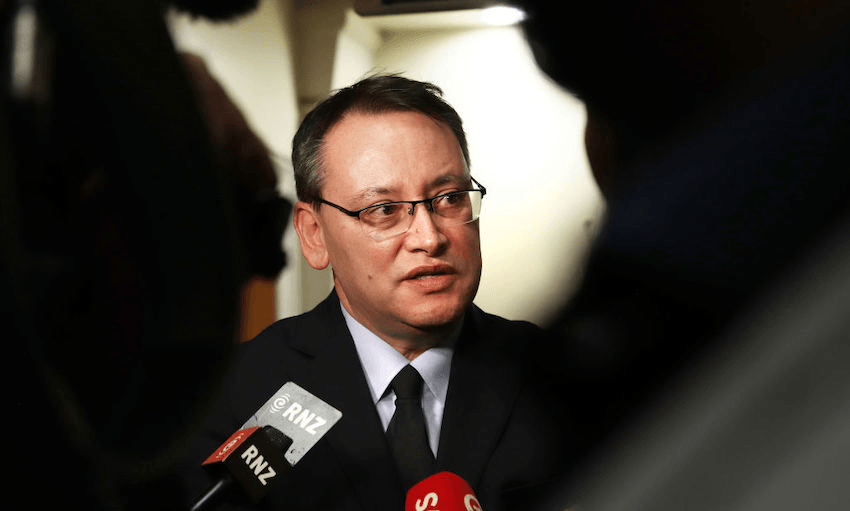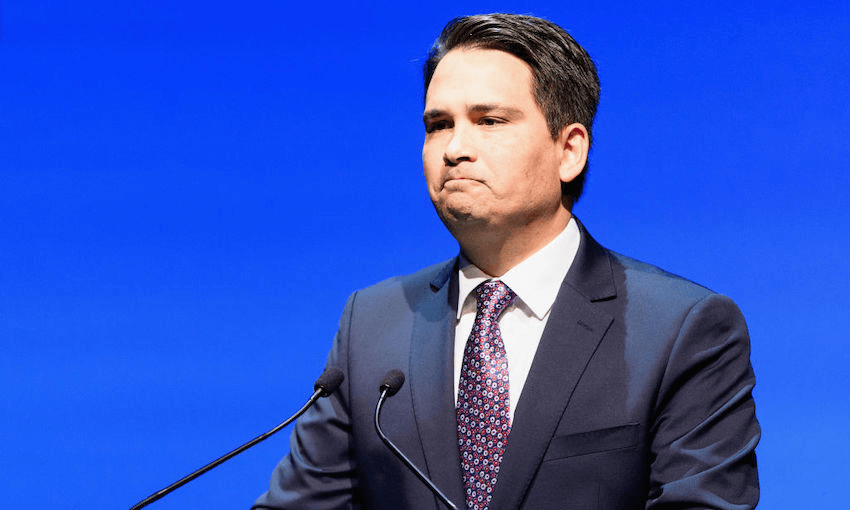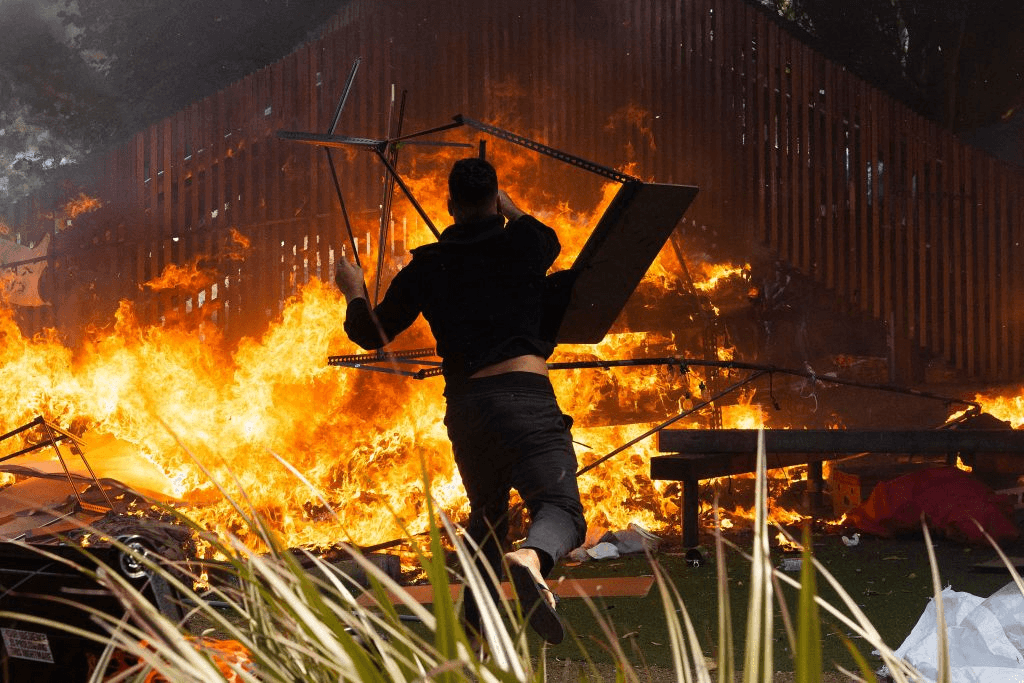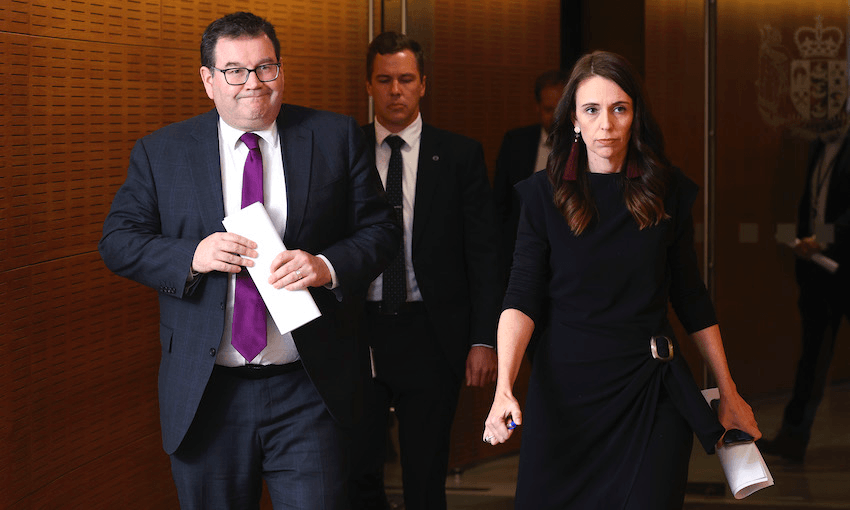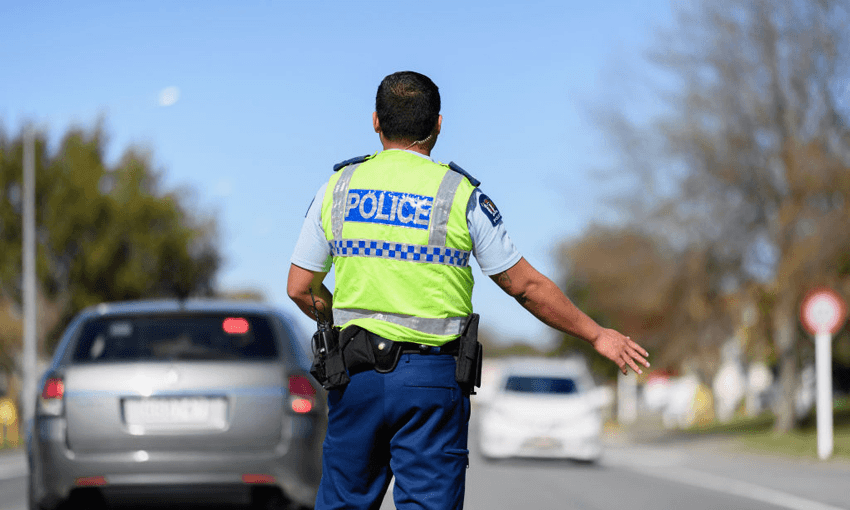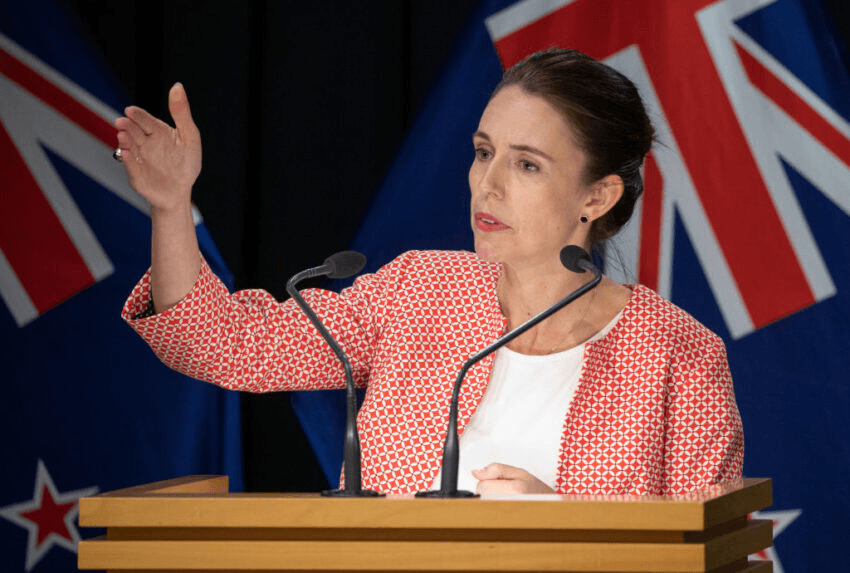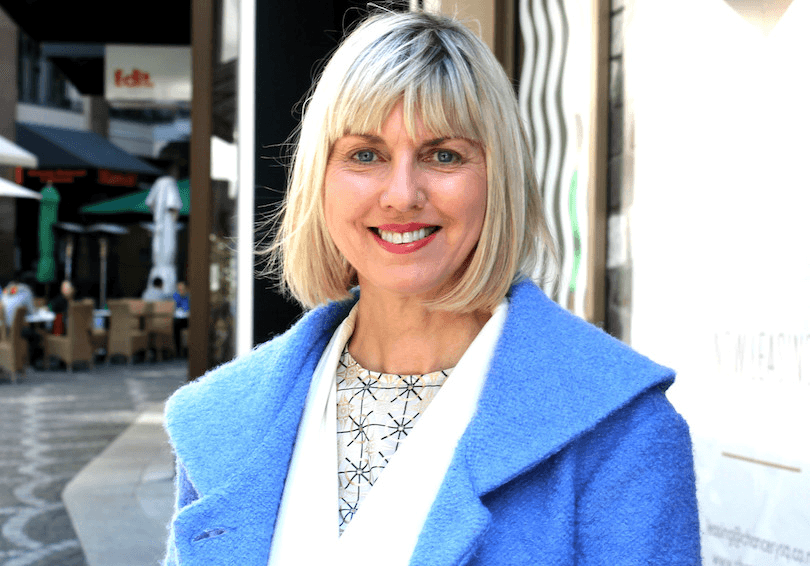Covid-related hospitalisations continue to rise and daily community case numbers have bounced back slightly as well.
There are now 696 people in hospital with Covid-19, an increase on yesterday’s 618. There are 13 people now in intensive care, a rise of three from yesterday.
“While still early in the omicron outbreak, the figures show that, based on the data available, unvaccinated people are four times over-represented in the current hospitalisation data,” said the Ministry of Health. “Just 3% of eligible people aged 12 and over in New Zealand have had no doses of the vaccine, however, of the eligible people in Northland and Auckland hospitals with Covid-19, 13% have had no doses of the vaccine.”
Case numbers bounce back after two daily drops
Meanwhile, there are another 17,522 new community cases today – a rise after two days of consecutive drops, but still below last week’s peak of more than 22,000.
“Care needs to be taken when interpreting daily reported cases, which are expected to continue to fluctuate,” said the ministry. “This means that the seven-day rolling average of cases gives a more reliable indicator of testing trends. The seven-day rolling average of cases is today 17,921, up from 17,272 yesterday.”
After concern that people may not be uploading their rapid antigen test results, the ministry once again reminded people of the importance of doing that. “The self-reporting of RATs helps provide a clearer picture of how the pandemic is progressing,” said the ministry. “It is essential we have as much information as possible to inform public health decision-making.”
Yesterday, Covid response minister Chris Hipkins suggested the real daily number of Covid infections could be closer to 100,000.
Among today’s cases, two have been confirmed on the Chatham Islands – the first confirmed cases on the remote islands since the pandemic. “The two cases are already isolating and being supported on the islands,” said the ministry. “Canterbury DHB, which manages health services on the islands, is distributing RATs to all households early this week, as a precaution to allow early detection of positive cases.”
The daily number of booster doses appears to be slowing down, with just 5,697 boosters given out yesterday. Overall, 2,460,908 booster doses have been administered.
Finally, the ministry has asked people to be prepared should they need to self-isolate with Covid-19. “Ensure you have an appropriate amount of supplies before there’s a Covid-19 case in your household. In addition, organise with friends, whānau or neighbours to do contactless drop-offs of food and supplies as needed and/or discuss your medication needs with your local pharmacist ahead of time.”
For more: Visit The Spinoff’s Covid Tracker page here
